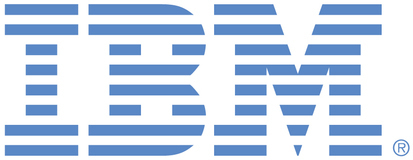
This portal is to open public enhancement requests against the products and services belonging to IBM Sustainability Software. To view all of your ideas submitted to IBM, create and manage groups of Ideas, or create an idea explicitly set to be either visible by all (public) or visible only to you and IBM (private), use the IBM Unified Ideas Portal (https://ideas.ibm.com).
Shape the future of IBM!
We invite you to shape the future of IBM, including product roadmaps, by submitting ideas that matter to you the most. Here's how it works:
Search existing ideas
Start by searching and reviewing ideas and requests to enhance a product or service. Take a look at ideas others have posted, and add a comment, vote, or subscribe to updates on them if they matter to you. If you can't find what you are looking for,
Post your ideas
Post an idea.
Get feedback from the IBM team and other customers to refine your idea.
Follow the idea through the IBM Ideas process.
Specific links you will want to bookmark for future use
Welcome to the IBM Ideas Portal (https://www.ibm.com/ideas) - Use this site to find out additional information and details about the IBM Ideas process and statuses.
IBM Unified Ideas Portal (https://ideas.ibm.com) - Use this site to view all of your ideas, create new ideas for any IBM product, or search for ideas across all of IBM.
ideasibm@us.ibm.com - Use this email to suggest enhancements to the Ideas process or request help from IBM for submitting your Ideas.

Hi Kim,
Thanks for your response — we’ll double-check on that. However, if this capability already exists, why does the answer in support case TS018792226 say otherwise? Your colleague responded as follows:
"Currently, Maximo doesn't have the capability to support this functionality, as it's not part of the existing design."
That’s why I originally logged this idea.
Best regards,
Milan
Thanks for your submission. The capability exists, please make sure you have supplied an a_customer.xml definition file that the system uses to build proper inheritance and set the meta data appropriately. Some reference materials: https://www.ibm.com/support/pages/how-prevent-lost-customizations-when-add-products-are-installed
https://www.ibm.com/docs/en/control-desk/7.6.1.x?topic=updates-product-descriptionxml-file
https://www.ibm.com/docs/en/masv-and-l/maximo-manage/continuous-delivery?topic=customizing-customization-archive-guidelines#concept_xvm_xd2_nsb__title__1